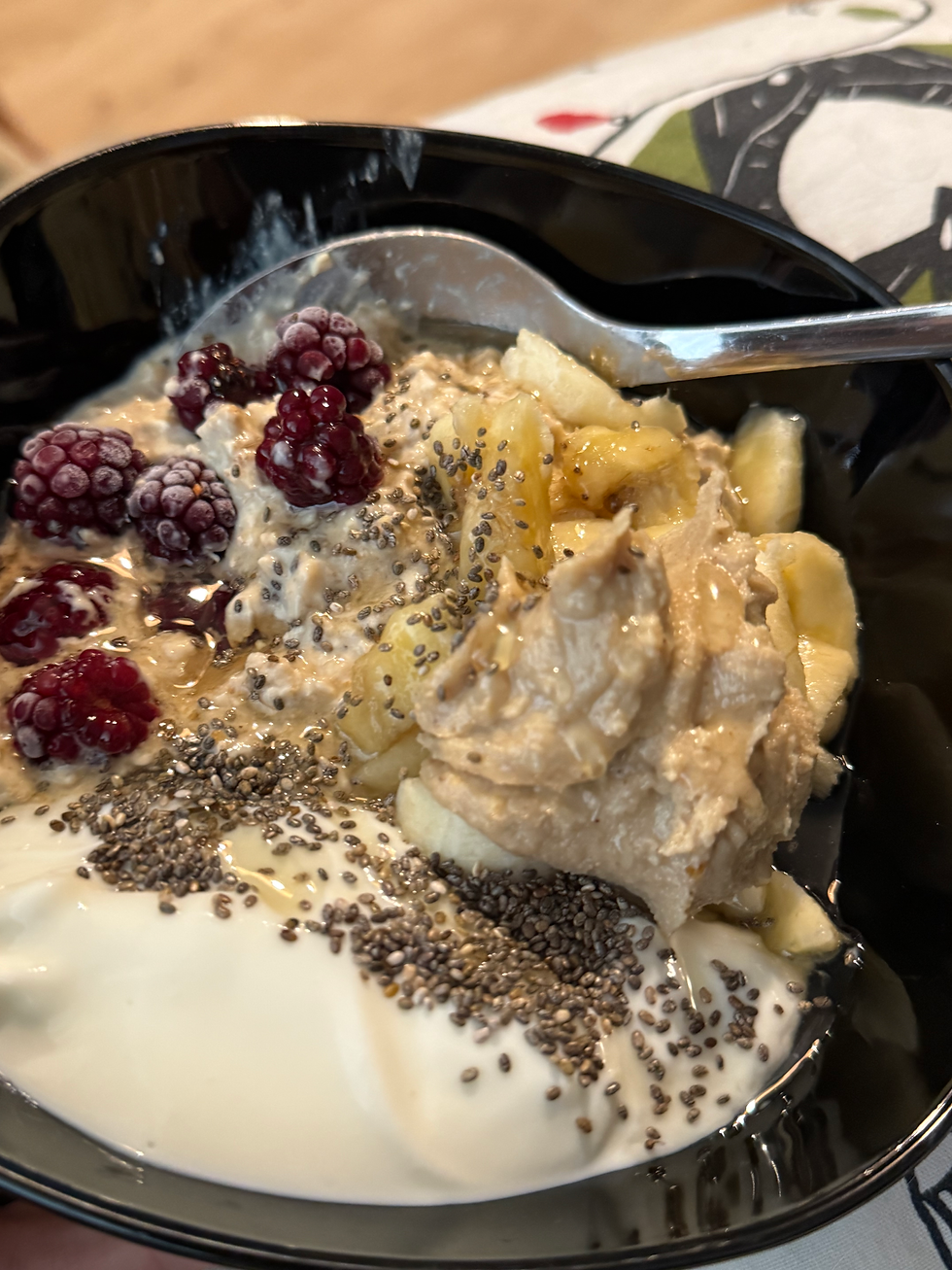
Eating for Hormone Health: How Food Can Support Your Balance
- Lucie Cook

- Oct 7
- 2 min read
Hormones are the body’s chemical messengers – they influence everything from energy levels and mood to sleep, appetite, metabolism, and reproductive health. When our hormones are in balance, we tend to feel more resilient, energetic and clear-headed. But when they’re disrupted, the effects can be wide-ranging: irregular cycles, skin changes, fatigue, poor sleep, digestive issues, or even difficulty managing stress.
While many factors affect hormonal balance – including stress, sleep, and exercise – the food we eat plays a particularly powerful role. Eating with hormone health in mind doesn’t mean a restrictive diet. It’s about nourishing your body with the right building blocks so it can produce and regulate hormones effectively.
Key Nutrients for Hormone Support
1. Healthy Fats
Hormones such as oestrogen, progesterone, and testosterone are made from cholesterol and fats. Including sources of healthy fats in your diet helps provide the raw materials your body needs. Think:
Avocado
Extra virgin olive oil
Nuts and seeds (especially flax, chia, and pumpkin)
Oily fish such as salmon, sardines, or mackerel
2. Protein for Blood Sugar Balance
Stable blood sugar is crucial for hormone health. Sharp spikes and crashes in glucose can disrupt insulin and stress hormones, which may contribute to cravings, energy dips, and weight fluctuations. Include protein with each meal, such as:
Eggs
Lean poultry or fish
Beans, lentils, and chickpeas
Tofu or tempeh
3. Fibre for Detoxification
The liver and gut are central to processing and clearing hormones like oestrogen once they’ve done their job. A fibre-rich diet helps move waste (including used hormones) out of the body efficiently. Great fibre sources include:
Vegetables of all colours
Whole grains such as oats, quinoa, or brown rice
Legumes
Seeds, especially flaxseed
4. Micronutrients That Matter
Magnesium: found in leafy greens, nuts, seeds, and dark chocolate, it supports stress resilience and sleep.
Vitamin B6: helps with progesterone production; found in bananas, poultry, and sunflower seeds.
Zinc: important for reproductive hormones, found in pumpkin seeds, chickpeas, and shellfish.
Iodine and selenium: crucial for thyroid hormone function, found in seaweed, fish, Brazil nuts, and eggs.
Lifestyle Eating Habits That Support Hormones
Prioritise regular meals: Skipping meals can place extra stress on the body and spike cortisol.
Limit ultra-processed foods: These often contain additives, refined sugars, and poor-quality oils that can disrupt balance.
Stay hydrated: Water supports digestion, detoxification, and circulation of nutrients.
Balance caffeine and alcohol: Both can affect liver function, sleep, and blood sugar regulation.
Tailoring Your Diet to Your Cycle or Life Stage
Your hormonal needs may change throughout your cycle or at different life stages such as pregnancy, perimenopause, or menopause. For example:
In the follicular phase (after menstruation), focus on fresh, light foods and fibre to support oestrogen.
In the luteal phase (before menstruation), magnesium-rich foods may ease PMS.
During menopause, phytoestrogen-rich foods like flaxseed and soya may help balance symptoms.
Final Thoughts
Eating for hormone health is less about strict rules and more about balance, nourishment, and consistency. A varied diet full of whole foods, alongside good sleep, movement, and stress management, creates the foundation for hormonal resilience.
*If you’re struggling with persistent symptoms that feel hormone-related, it’s always wise to seek advice from a GP.




Comments